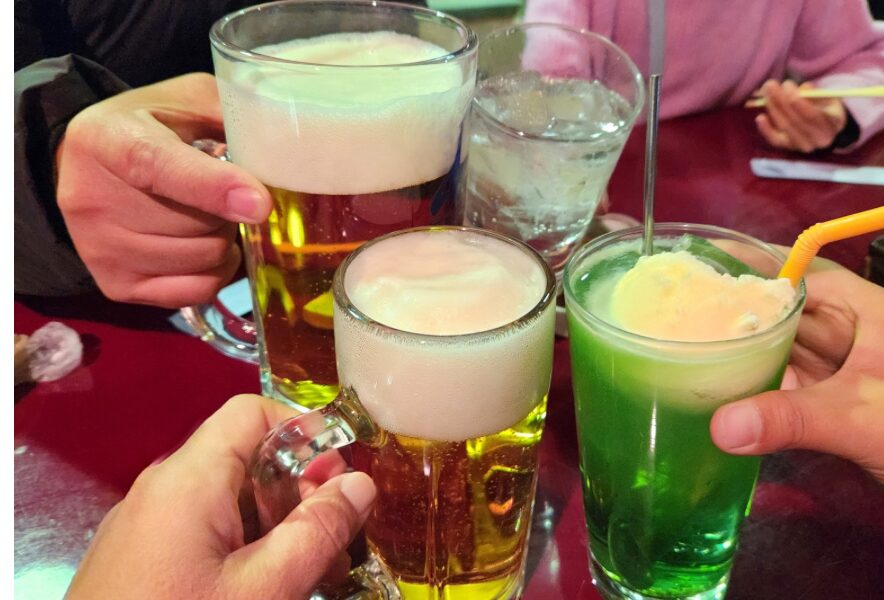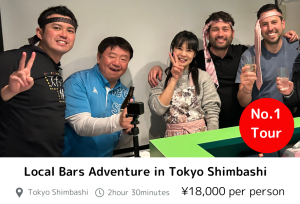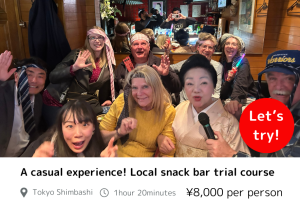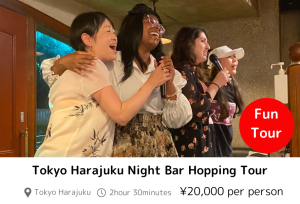In recent years, more and more people are choosing a lifestyle without alcohol. The idea of being “sober curious” does not necessarily mean strict abstinence. Instead, it reflects a flexible attitude, such as “Tonight I’ll enjoy myself without drinking” or “I’ll cut back for my health.” This trend is gradually finding its way into snack bars, Japan’s cozy late-night social spaces. While alcohol has long been at the heart of snack culture, the arrival of non-alcoholic drinks is bringing a fresh new breeze. Here, we explore the charm and future potential of combining the sober curious mindset with snack bars.
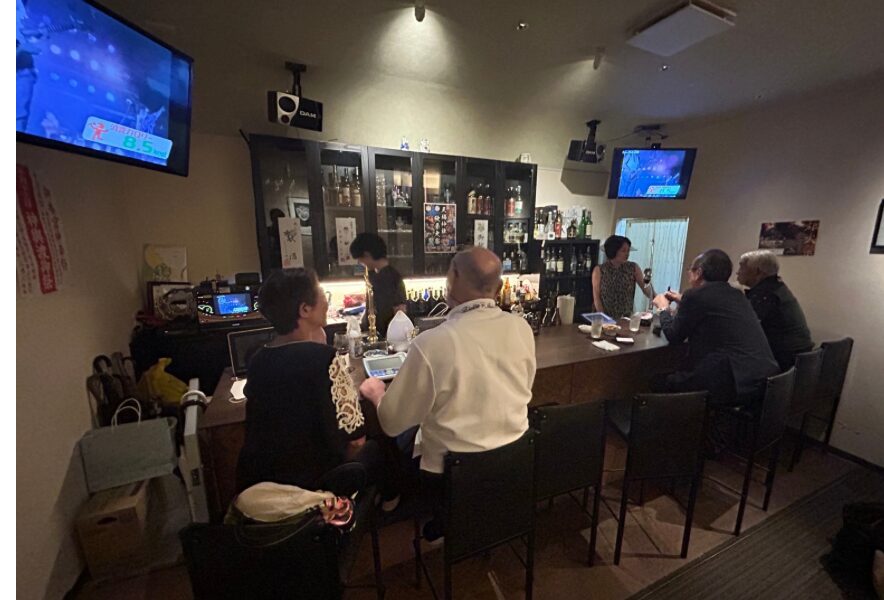
Contents
What Does Sober Curious Mean?
The term sober curious refers to a lifestyle trend that started in the U.S. and Europe, where people take an active interest in spending time without alcohol. It does not necessarily mean quitting drinking altogether. Instead, it’s about choosing whether or not to drink depending on one’s health or mood. Cutting back can mean waking up feeling refreshed, enjoying conversations more clearly at gatherings, and leading a more balanced lifestyle. For younger generations who value health and diversity, choosing not to drink is becoming a natural option.
The Relationship Between Snack Bars and Alcohol
Snack bars have traditionally been seen as places where customers enjoy drinks while chatting with the mama (the hostess) and regulars. Bottles of shochu or whiskey kept behind the counter, lively conversations, and karaoke singalongs have been staples for decades. Alcohol has played a central role in this culture. On the other hand, many people have hesitated to step into snack bars because they don’t drink. For them, the expectation to order alcohol can feel like a barrier. That is why having a wider variety of non-alcoholic options can open the doors of snack bars to more people and create a more welcoming environment.
The Potential of Non-Alcoholic Menus
Today, non-alcoholic beverages are more diverse than ever, from beer alternatives to craft-style mocktails with herbs and spices. Snack bars that go beyond the usual oolong tea or soda and offer stylish non-alcoholic drinks can make non-drinkers feel just as satisfied. After all, what makes a snack bar special is not only the alcohol, but also the warm conversations and karaoke fun. In fact, staying sober can allow guests to fully enjoy those interactions with a clear mind. In the future, snack bars may naturally become spaces where those who drink and those who don’t share the same table, enjoying the atmosphere together in an inclusive way.
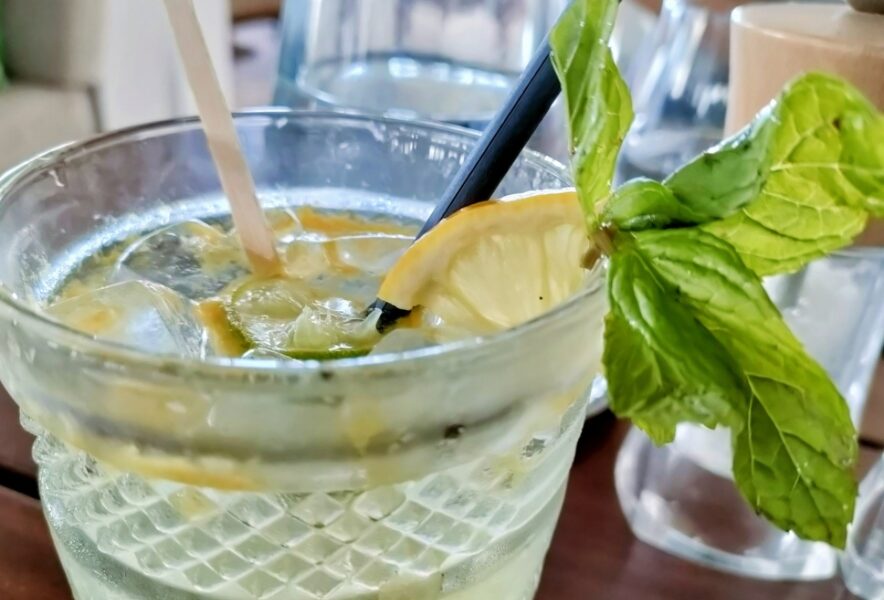
Conclusion
The sober curious mindset broadens lifestyle choices and offers new perspectives on nightlife. While alcohol has long been tied to snack bar culture, its true essence lies in human connection—the comfort of conversation and the sense of belonging. With more non-alcoholic drinks available, snack bars can become even more approachable for everyone. A future where drinkers and non-drinkers laugh together at the same counter is already beginning to take shape. As the sober curious movement spreads, it will be exciting to see how snack bars evolve in response.
Let’s go to Izakaya and a Japanese Snack-bar with a fun guide!!
You can enjoy many kinds of drink at Izakaya and drinking culture Snack Bars, beloved by many but you can’t enter without a guide. You can enjoy communication with the owner and other customers, as well as singing karaoke, allowing for a relaxing time.
Most snack bars have a policy of refusing entry to foreigners. However, with a tour, you’ll have a guide, so you can enter with peace of mind.
When visiting Japan, don’t just check off the tourist spots –
dive into local experiences for an unforgettable journey!
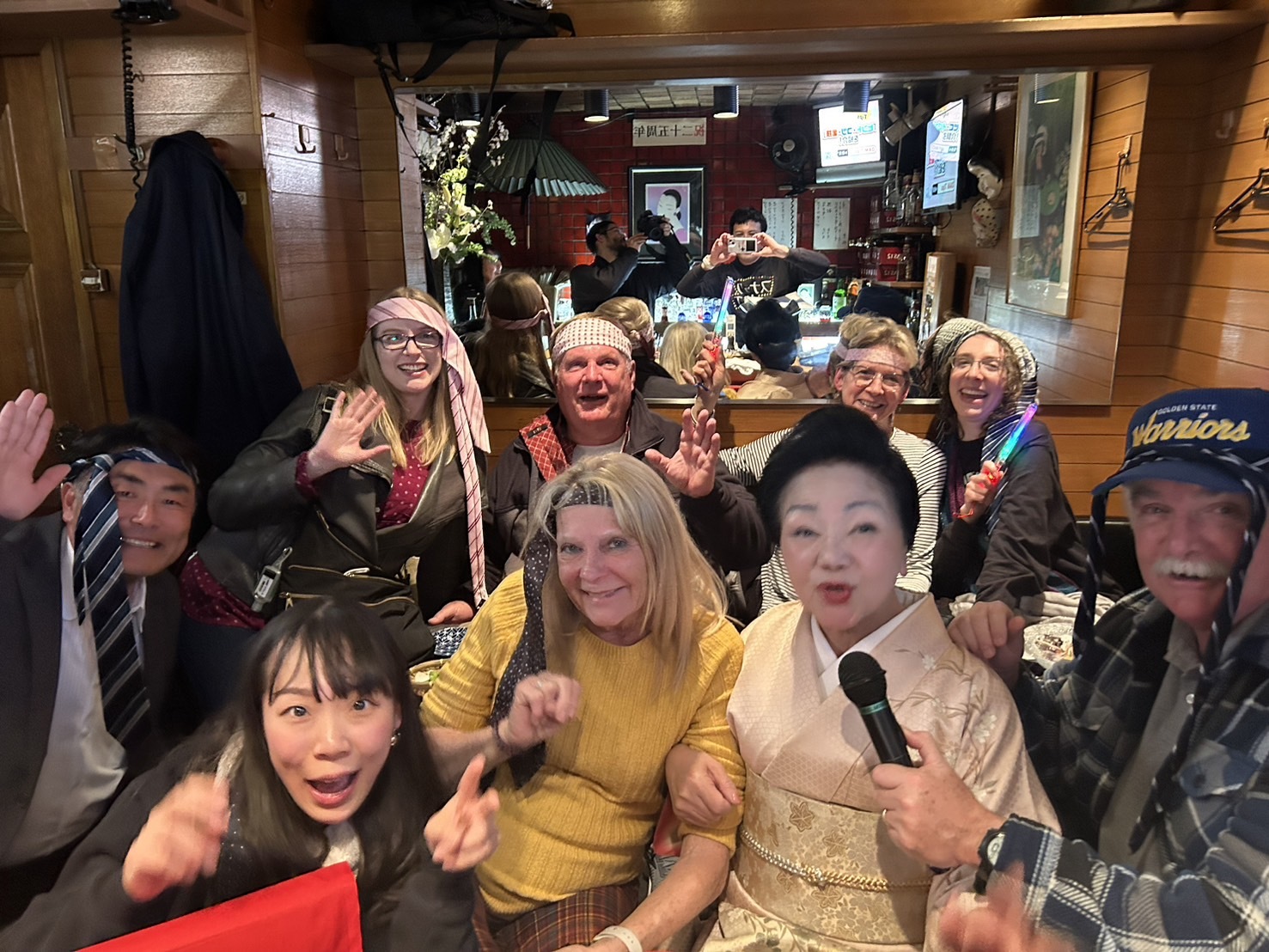
Once you experience it, you’ll be captivated too! The charm of snack bars.

New encounters with people! The camaraderie of singing at a snack bar! Conversations with the mama-san!

